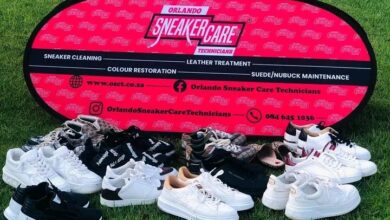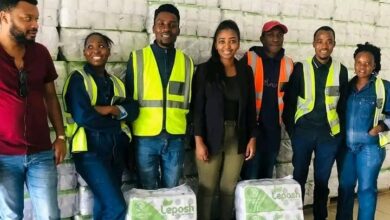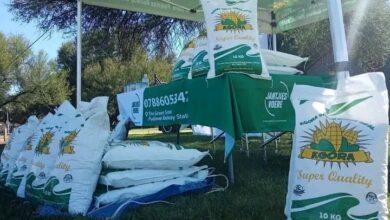Turning Waste into Wellness: The Story Behind Kusini Water and Founder Murendeni Mafumo
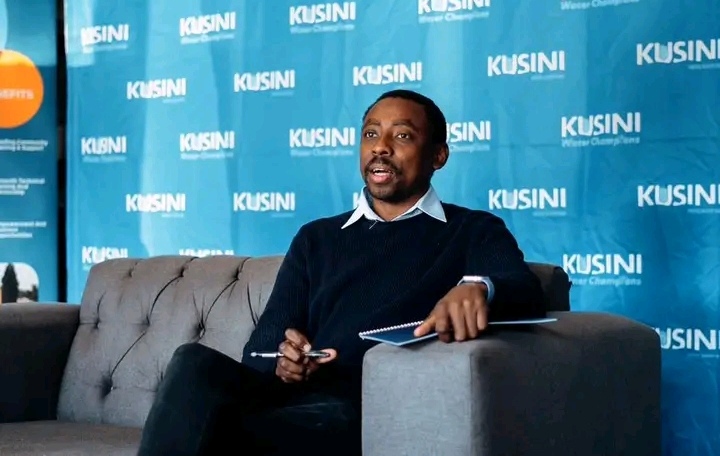
Turning Waste into Wellness: The Story Behind Kusini Water and Founder Murendeni Mafumo. In South Africa, where over 11 million people still lack access to clean water, Murendeni Mafumo saw not just a problem, but a calling. With a background as a water scientist in municipal systems, he leveraged nanotechnology and macadamia nut shells to launch Kusini Water, a social enterprise dedicated to delivering safe, affordable drinking water. His journey, marked by pivoting from engineer to social entrepreneur, offers clear lessons for anyone building a purpose-driven brand. This article explores his milestones, defining strategies, and challenges overcome, all actionable and inspiring.
Discovering Purpose Through Firsthand Experience
Murendeni spent a decade working for the Cities of Cape Town and Johannesburg, tackling water science and delivery challenges. There, he saw firsthand how infrastructure often failed peri-urban and rural settlements. Turning technical frustration into social fuel, he began experimenting with locally sourced materials, macadamia shells, to build low-cost water filters. From municipal expert to innovator, this shift highlights a key insight: deep industry experience can lead to uncovering unmet needs and crafting innovative responses.
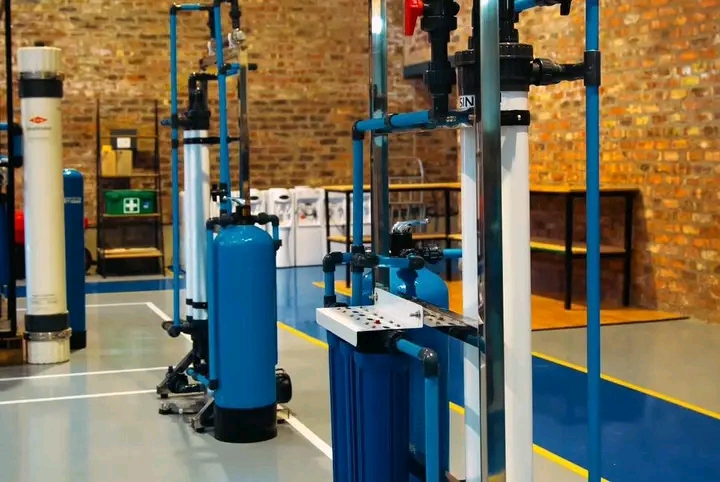
Early Prototyping and Product Evolution
Murendeni’s first breakthrough came at home. Using nanotechnology and macadamia nut shells, he engineered a compact, modular filtration system that removes pathogens and impurities at community scale. He tested prototypes in local informal settlements to prove performance under real conditions. Here lies another lesson: early-stage field testing, not lab simulation, creates products proven in tough environments.
Formal Launch and Social Validation
Officially launched around 2016, Kusini Water positioned itself not as a filter maker, but as a community water provider. Their goal: bring affordable clean water to informal and rural areas across South Africa, and eventually the wider continent. Within months, they implemented the “Water Champions” program, training local entrepreneurs to run water kiosks and manage operations. This generated both sustainable income and local ownership.
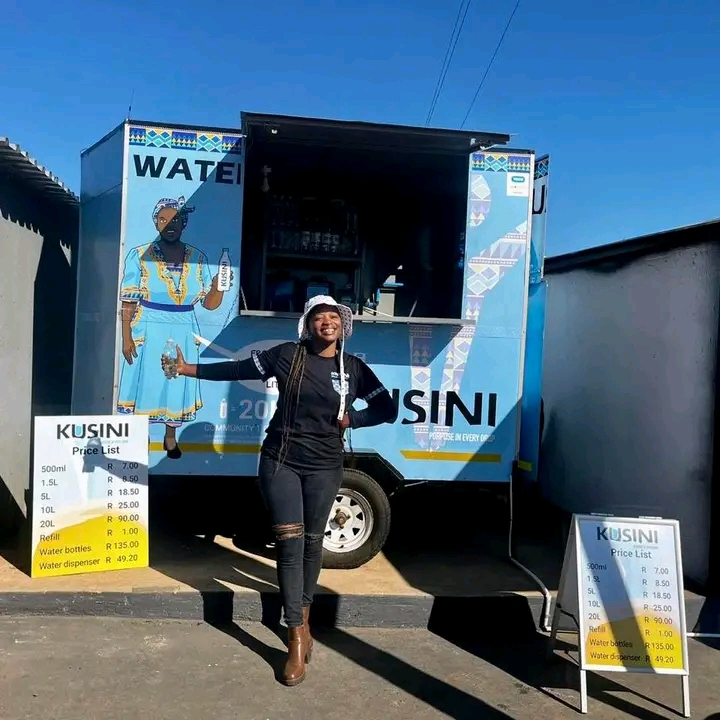
Scaling Impact with Strategic Partnerships
By 2020, Kusini Water was supplying safe water to seven low-income communities. A major sponsorship with a logistics corporation catalyzed growth, expanding reach to 60 communities and millions of liters per month. This step proves a powerful lesson: securing early partnerships can multiply scale and credibility.
Soon afterward Kusini gained Ford Foundation backing when Murendeni was named a Ford Fellow. The enterprise ramped up to serve 3 million liters monthly across 60 communities in three provinces. Institutional validation like this gave Kusini financial runway and reinforced its mission.
Innovation That Sustains Momentum
Kusini’s success rested on three strategic underpinnings:
- Circular sourcing – Using macadamia shells as filter media transformed agricultural waste into clean water, reducing costs while enhancing sustainability.
- Modular design – Systems that are scalable, portable, and require low maintenance made deployment easier across diverse sites.
- Community stewardship – Water Champions became business owners themselves, aligning incentives and ensuring long-term reliability.
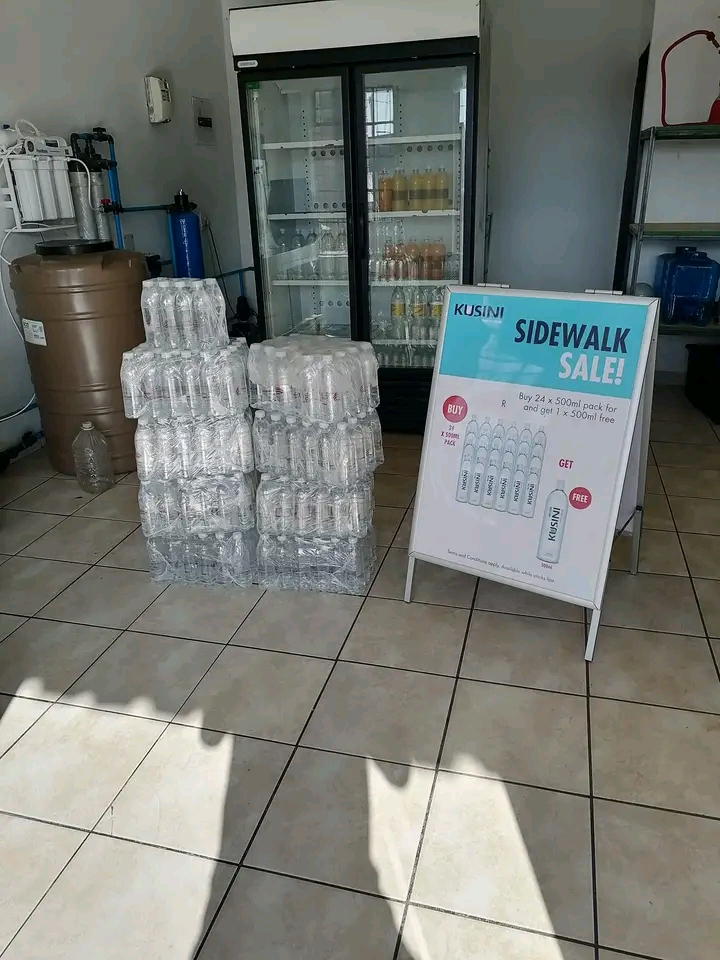
Overcoming Challenges
Murendeni openly reflects on the shift from scientist to social entrepreneur as humbling and emotionally demanding: “You can’t build sustainably if you’re breaking down internally.” He credits peer support and community networks as crucial to sustaining momentum.
Operational rollout wasn’t seamless either. Deploying in informal areas required flexibility, solar power, local materials, kiosk design, often customized per setting. These adaptations exemplify agile execution: meet context halfway, rather than force standardized solutions.
Actionable Lessons for Entrepreneurs
- Use what you know: Deep sector experience enables sharper insight into unmet societal challenges.
- Prototype in context: Test early in the actual settings you intend to serve.
- Design for durability and adaptability: Technologies should be resilient under real-world stress.
- Embed community ownership: Local champions help sustain operations and build trust.
- Seek strategic allies early: Corporates, funders, and programs like Ford Fellowship unlock scale and credibility.
- Prioritize founder wellness: Emotional resilience is a core competency for long-term success.
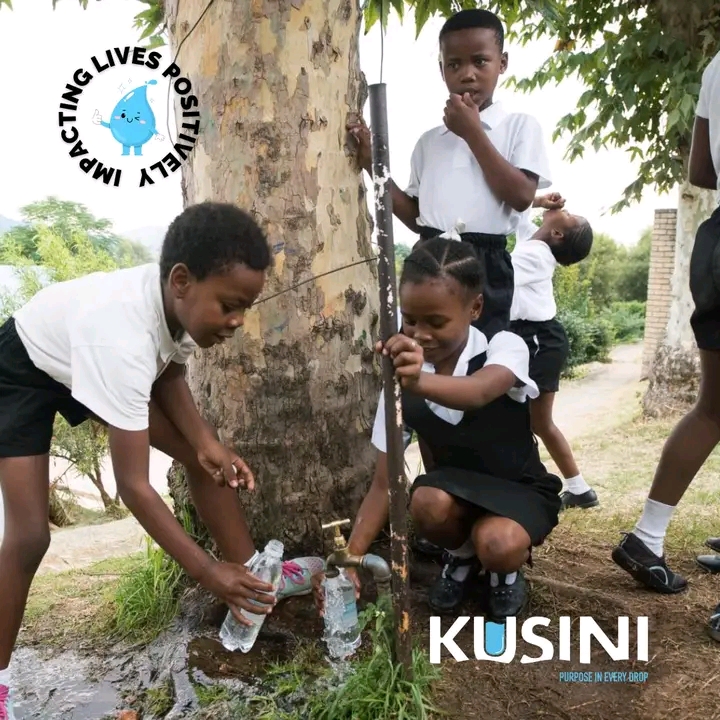
Conclusion
From pilot scale in urban spaces to a multi-million-liter provider across several provinces, Kusini Water’s trajectory exemplifies how entrepreneurial grit, scientific ingenuity, and community-centered strategy blend to build a successful, impactful brand. Murendeni Mafumo’s story illustrates that delivering purpose-driven innovation is not only possible, it’s scalable.

